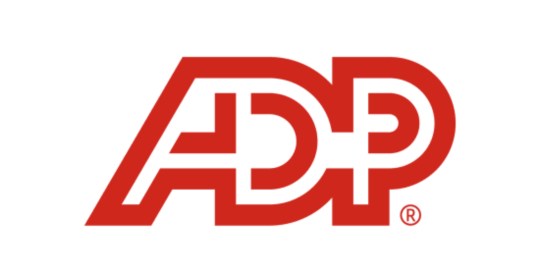Evidence shows today’s graduate job seeker scores less well than their colleagues did in 1996
Data released today by SHL, the world leader in objective assessment, shows that, in spite of more children gaining top grades at A-Level and going onto university, the average scores on tests designed to assess the ability of candidates to deal with verbal and numerical information has declined. The data has been gathered from over 20,000 applicants for managerial and graduate jobs over the past eight years.
The SHL tests, designed to identify how well an applicant can reason from written and numerical information, provide the candidate with passages of text or tables, graphs and charts of numerical data from which they must use to select the correct multiple-choice answer. The tests are not specific measures of literacy and numeracy but they do involve comprehension of written information as well as some capability with basic arithmetic calculations such as averages, ranges and proportions. The verbal reasoning requires a reading level equivalent to Year 12 or ’sixth-form’, whilst the numerical reasoning requires a standard of mathematical knowledge roughly equivalent to GCSE.
SHL, a pioneer in the field of occupational psychometrics has ensured that the standard and difficulty of these tests has remained constant over the last decade allowing employers to make like-for-like comparisons and to assess current graduates against the scores of previous hires.
John Bateson, chief executive officer at SHL Group, commented; Whatever your views on the comparative difficulty of A-Levels, our research shows that among those applying for typical graduate jobs the standard of numerical and verbal reasoning is declining.
With more and more job applicants having virtually identical academic records, including high-grade A-levels and 2.1 degree passes’ employers are finding it very difficult to spot the real high achievers who will add value to their organisations. Our tests are increasingly popular because we provide employers with objective tools which provide a constant benchmark that allows them to make informed judgements as to which applicants will succeed in their organisations, thus reducing their reliance on academic qualifications.
Verbal and numerical reasoning skills in decline

Evidence shows today’s graduate job seeker scores less well than their colleagues did in 1996





